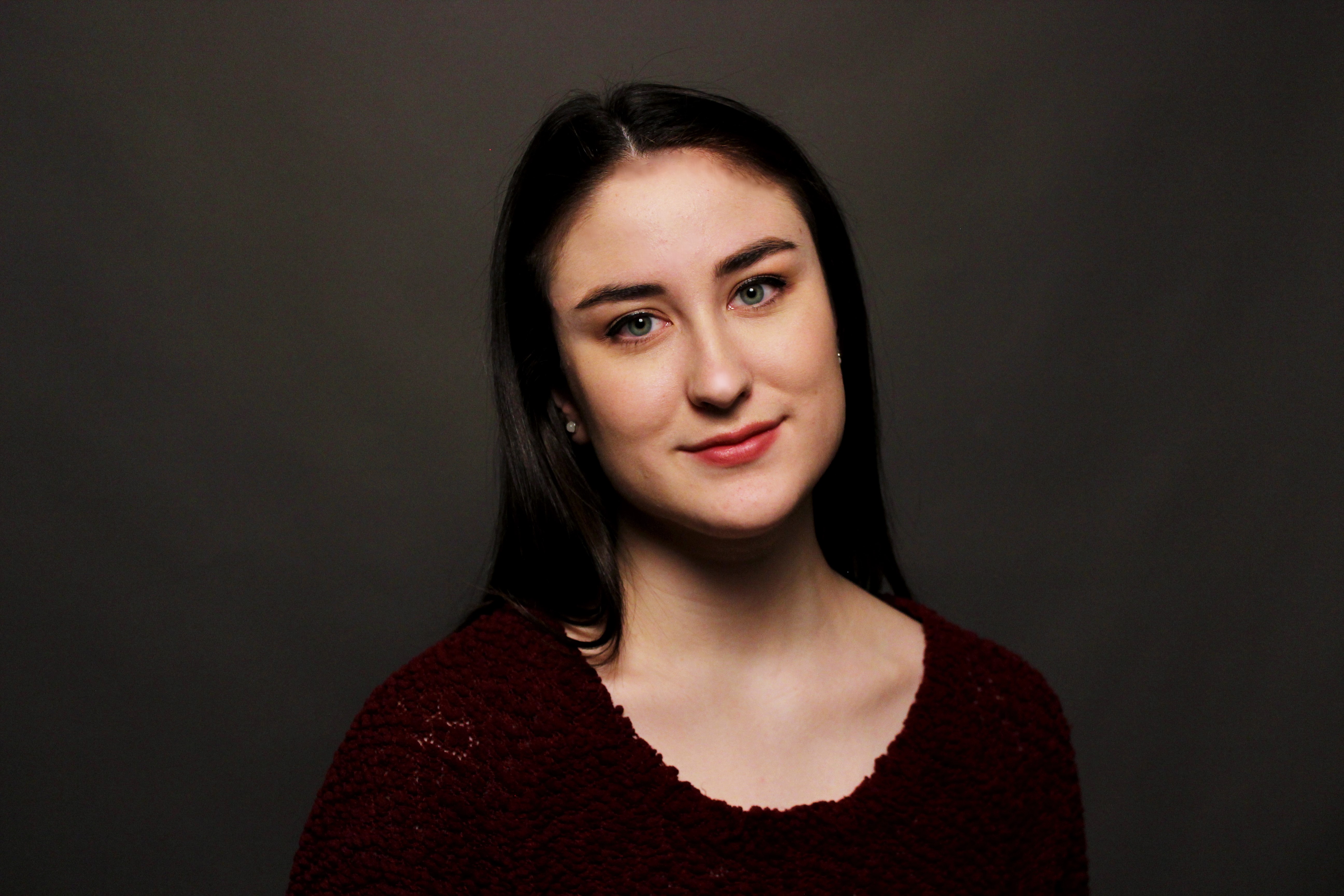Celebration of Scholars
Expectancy value theory and gendered interviewing: How collegiate women anticipate and experience an interview setting
 Name:
Amanda Armitage
Name:
Amanda Armitage
Major: Public Relations (minor in communications, women and gender studies, and sociology)
Hometown: Yorkville, IL
Faculty Sponsor: Colleen Palmer
Other Sponsors:
Type of research: Senior thesis
Funding: n/a
Abstract
The working environment is filled with challenges and implicit discriminatory practices that disadvantage women. The interview setting is just one of the ways that women experience differences that may impact their experience in an organization. A long history of gender-based obstacles termed “The Labyrinth,” different communication strategies in an interview setting, and the gendered expectations of applicants has provided challenges to women entering the workplace. After an analysis of 40 undergraduate responses of men and women entering or expecting to enter the interview setting, the results suggest that collegiate women are still experiencing disadvantages based on their gender. These differences are socially-based and go unnoticed for most employed women but appear in the content of applicant responses. Women experience less confidence in their ability to perform in a job setting, appear professional, and interview successfully – experiences and expectations that are not reflected in male responses.
Submit date: Feb. 26, 2019, 4:14 p.m.
